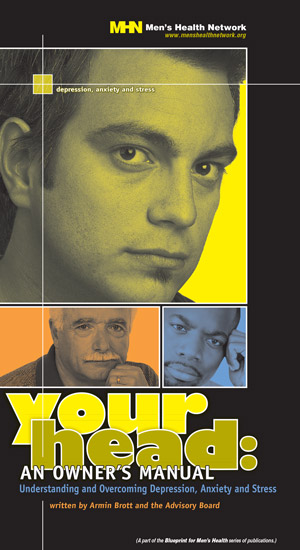Loneliness kills. According to former U.S. Surgeon General Vivek Murthy, isolation and weak social connections “are associated with a reduction in lifespan similar to that caused by smoking fifteen cigarettes a day and even greater than that associated with obesity.” Even when it’s not fatal, loneliness makes life a lot less pleasant. We’ll talk about exactly what that means below.
While loneliness cuts across all racial and socio-economic lines—just about everyone feels lonely at some point, right?—one group in particular is disproportionately affected: men.
How Common is Male Loneliness?
As Henry David Thoreau put it more than 170 years ago in his classic book, Walden, “The mass of men lead lives of quiet desperation.” And a recent study by YouGov backs him up. In that study, 44 percent of males 18 and over said they feel lonely all the time—far higher than the percentage of women who gave the same answer. And that doesn’t even take into account men’s well-documented habit of underreporting anything that might make us feel—or give someone else the impression that we might be—weak or defective. In the same study, men were 50% more likely than women (18% vs. 12%) to say they don’t have any close friends, and 33% more likely (32% vs 24%) to say they don’t have a best friend. In fact, many men feel emotionally closer to their dogs than to other humans. In a recent study by psychologist Chrisopher Blazina and researcher Lori Kogan, 62% of male dog owners said that their relationship with their dog is “almost always” secure, while only 10% said the same about the relationship with the closest human in their life.
Aside from the predictable increase in suicide, the other consequences of loneliness and the lack of human connection are devastating. A variety of studies have found a strong correlation between loneliness and increased risk of alcoholism and substance abuse, heart disease and stroke, high blood pressure, mental health issues (such as anxiety, depression, and risky behavior, and poor decision making), dementia and cognitive decline, poor self-care (like not eating well or getting enough exercise), disrupted sleep, lack of motivation and poor job performance, decreased resistance to infection, high stress levels, and even chronic diseases such as diabetes.
Why Are Men Lonelier than Women?…
There are a lot of contributing factors. Here are the two biggest:
- Men and women make friends differently. Boys and men bond better when they do things with groups of other guys, such as playing sports or going to a club. As we get older and our responsibilities increase, we have less time to engage in group activities and our friendships often fade. Women have an easier time with one-on-one relationships and can maintain them via phone.
- Society’s whacky definition of masculinity. From the time we’re boys, we’re told that emotional vulnerability, talking about and expressing our feelings, and asking for help (the kinds of things one might do with a friend) are signs of weakness. Being an independent, lone wolf who can handle his own problems, however, is a sure sign of manliness. Ha.
… And What Can We Do About It?
Here are a few steps that males of all ages can take to combat loneliness.
- Find a group activity. Sign up for a class at your local community college. If you’re physically able, check out an adult sports league at your local Parks and Rec department or YMCA. Or join a religious, social group, or networking group. The goal is to connect with people with similar interests.
- Reduce social media. If you’re not on social media at all, set up some profiles and try to reconnect with old friends. But don’t go overboard. Psychologist Melissa G. Hunt recently found a direct causal link between time spent on social media and decreased well-being. “Using less social media than you normally would leads to significant decreases in both depression and loneliness,” she says.
- Volunteer. Working with others for a good cause is a great way to meet people.
- Just say Yes. If you get invited somewhere, go. Just go.




Recent Comments